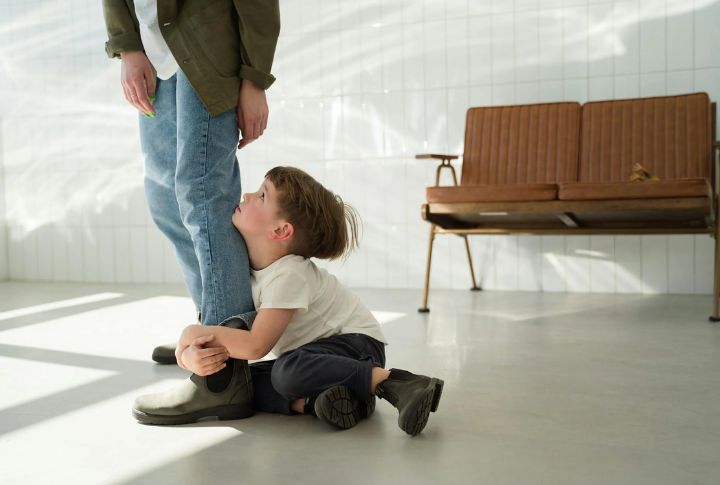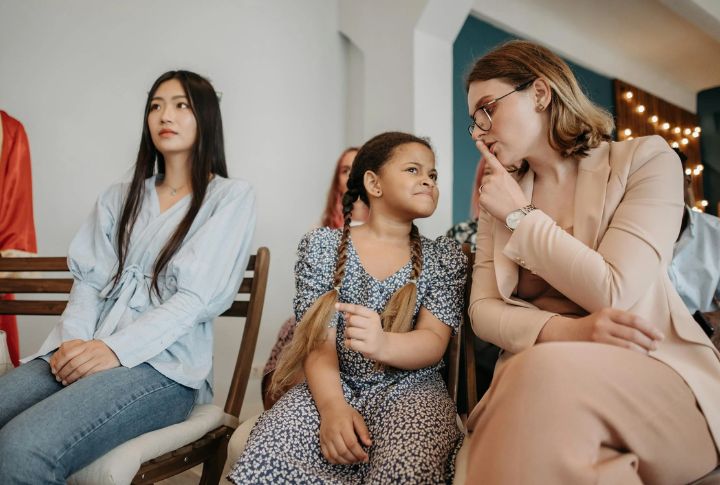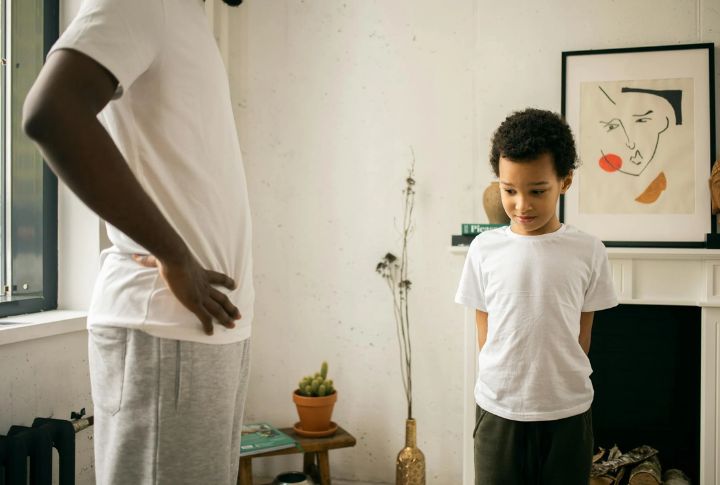Lifestyle
10 Signs Of Family Dysfunction You Missed Growing Up

Some childhood patterns feel so normal that you barely notice them until much later. If certain family behaviors shape how you handle emotions or relationships, you’re not alone. These signs can reveal what really went on behind closed doors. Keep reading—you may recognize more than one.
Walking On Eggshells Became Second Nature

If you constantly adjusted your tone, words, or energy to match a parent’s unpredictable mood, that wasn’t normal—it was survival mode. Many children of narcissistic caregivers adopt this pattern, which often turns into chronic anxiety by adulthood without them even realizing why.
You Took On A Caregiver Role Too Early

When kids are forced to become the emotional anchor or physical helper for a parent, that’s called parentification. It’s a form of dysfunction that creates blurred boundaries and shaky identities, especially in households impacted by mental illness, divorce, or addiction. Needless to say, it shouldn’t have ever fallen on children.
Conflict Meant Silence, Not Resolution

In many dysfunctional homes, arguments don’t end with understanding—they end in silence. Instead of resolving issues, families fall into passive-aggressive patterns that stifle emotional expression. If open communication feels dangerous now, you likely learned early on to equate peace with emotional shutdown.
You Blamed Yourself For Everything

When adults fought, did you automatically think it was your fault? That kind of self-blame is common for kids in chaotic households and often follows them into adulthood as depression or low self-worth. Especially when parents argue in front of children, guilt takes deep root.
Love Was Conditional, Not Consistent

If you had to act a certain way to receive affection, you weren’t being loved—you were being controlled. That kind of emotional manipulation teaches children that love must be earned. As adults, many people please and struggle to set boundaries in relationships without knowing why.
Secrets Were Part Of Everyday Life

Some families survive on silence. If no one talked about problems and appearances mattered more than truth, dysfunction ran deep. The motto becomes: don’t talk, don’t trust, don’t feel. That culture of secrecy, especially around abuse or addiction, can follow children well into adulthood.
You Felt More Alone At Home Than Anywhere Else

Emotional neglect creates that hollow kind of loneliness. When love shows up in physical form but not emotional connection, children grow into adults with attachment struggles and a lingering sense that no one ever really understands them. Even surrounded by people, you felt unseen.
You Struggled To Trust Authority Or Rules

Growing up under inconsistent discipline, especially when rules felt unfair or hypocritical, can shape how you relate to authority forever. You may still rebel or shut down when confronted. This is often the legacy of controlling or chaotic parenting, not personal defiance.
You Were Punished For Showing Emotion

In many homes, being emotional meant getting shut down or ridiculed. Some kids get scolded for crying; others are mocked for being too dramatic. Over time, this leads to numbness, shame, and an adult version of yourself who fears vulnerability or doesn’t know how to feel.
One Sibling Got Special Treatment

Were you always blamed while your sibling got praise? That imbalance isn’t just unfair—it’s emotional damage. Psychologists recognize the “golden child” versus “scapegoat” dynamic as a sign of dysfunction. It can deeply distort your self-image and linger in sibling relationships for decades.

